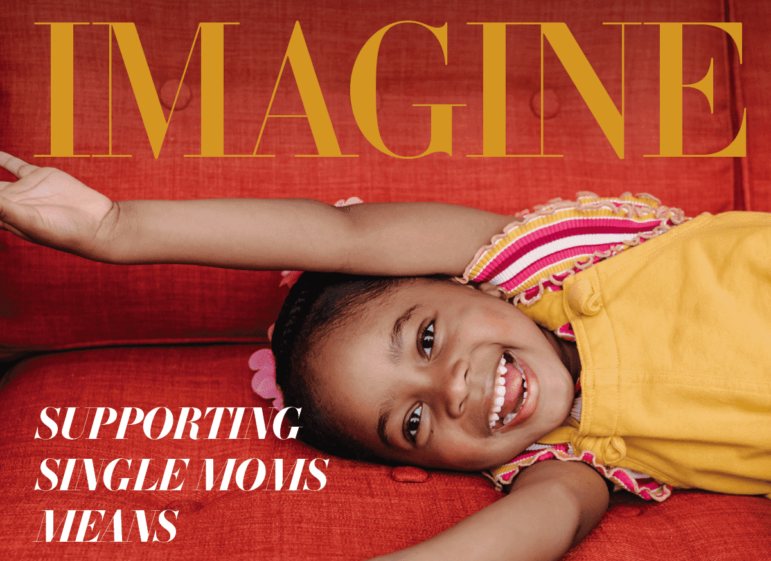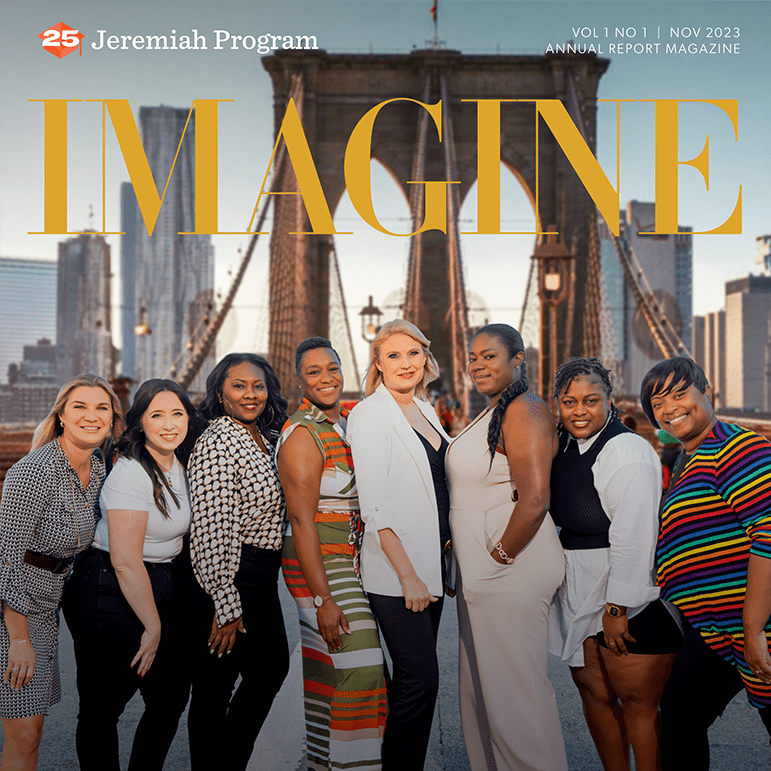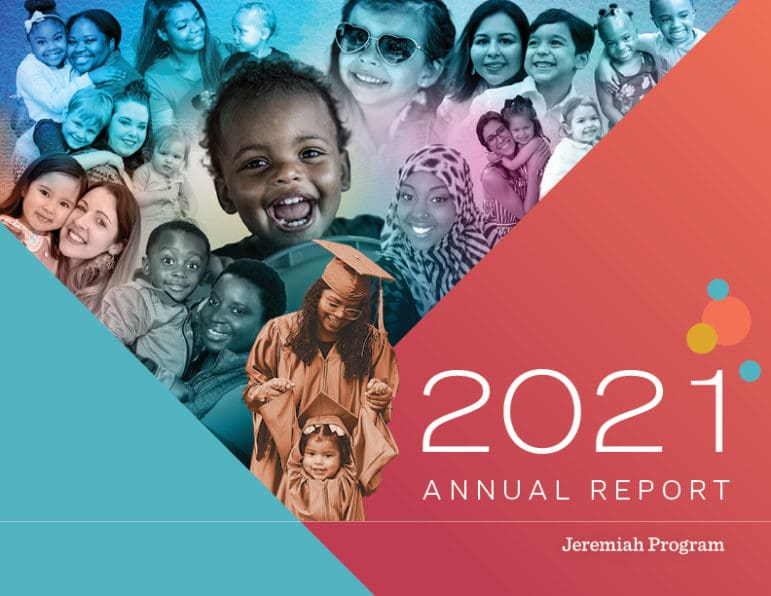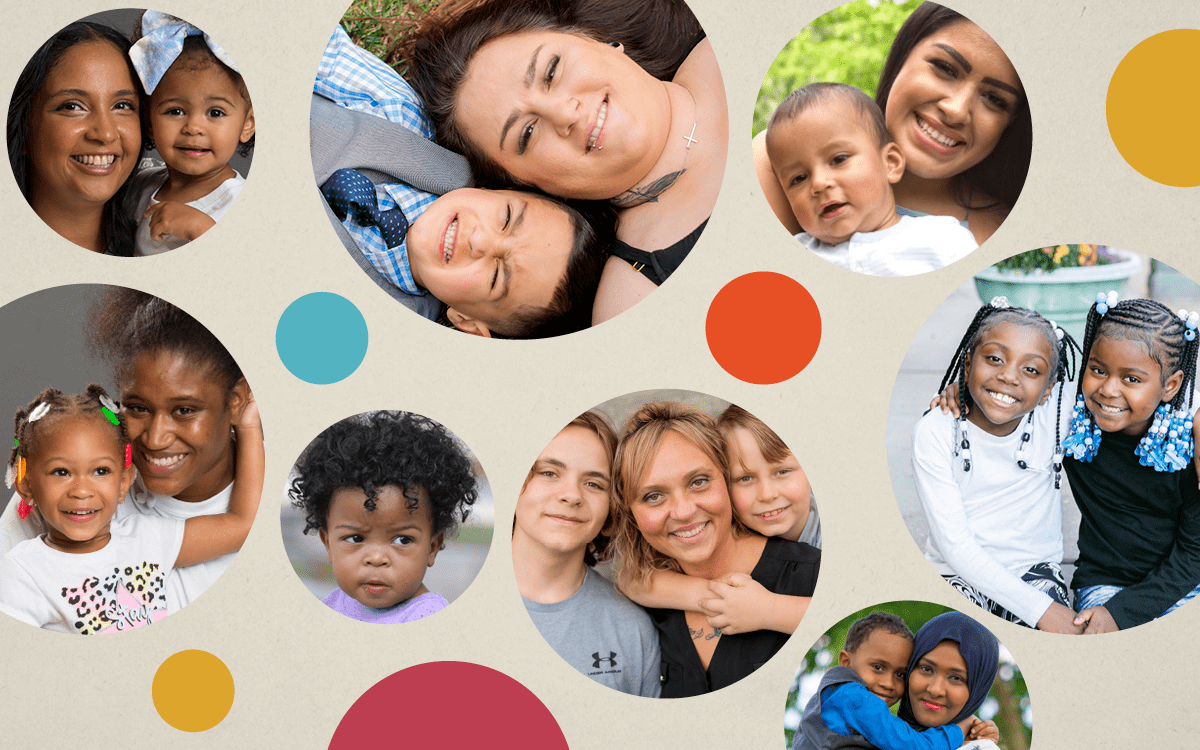
JP BY THE NUMBERS
Jeremiah Program Impact
THE national landscape
Facts About Generational Poverty
Generational poverty is defined as at least two generations of a family being born into poverty. These conditions severely limit a family’s ability to reach economic mobility and pursue their dreams. That’s why JP is focused on creating opportunities for single mothers and their children.
37%
of single mothers and their children live below the poverty line 1
1 in 3
people who experienced poverty as a child will continue to live in poverty as an adult 2
41%
of single mothers without a college degree experience poverty 3
OUR IMPACT
JP By the Numbers
Jeremiah Program believes that the pervasive and systemic impacts of poverty can be disrupted. We’re committed to dismantling systemic barriers to education, housing, and child care for single mothers and their children, helping them reach economic mobility.

2,097 MOMS & KIDS
engaged in JP’s full suite of two-generation programming support.
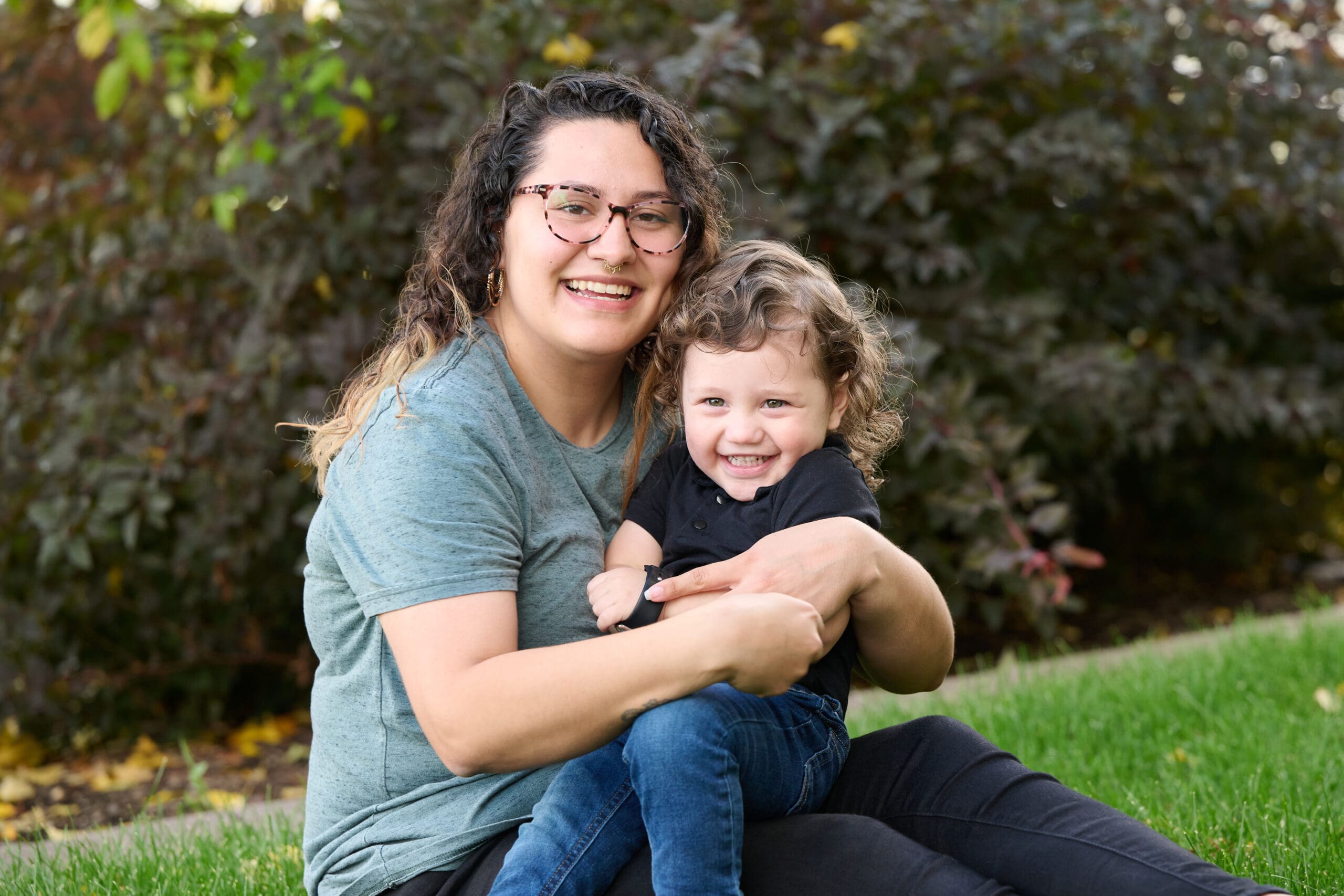
OVER 60%
of JP’s alumni network engaged.
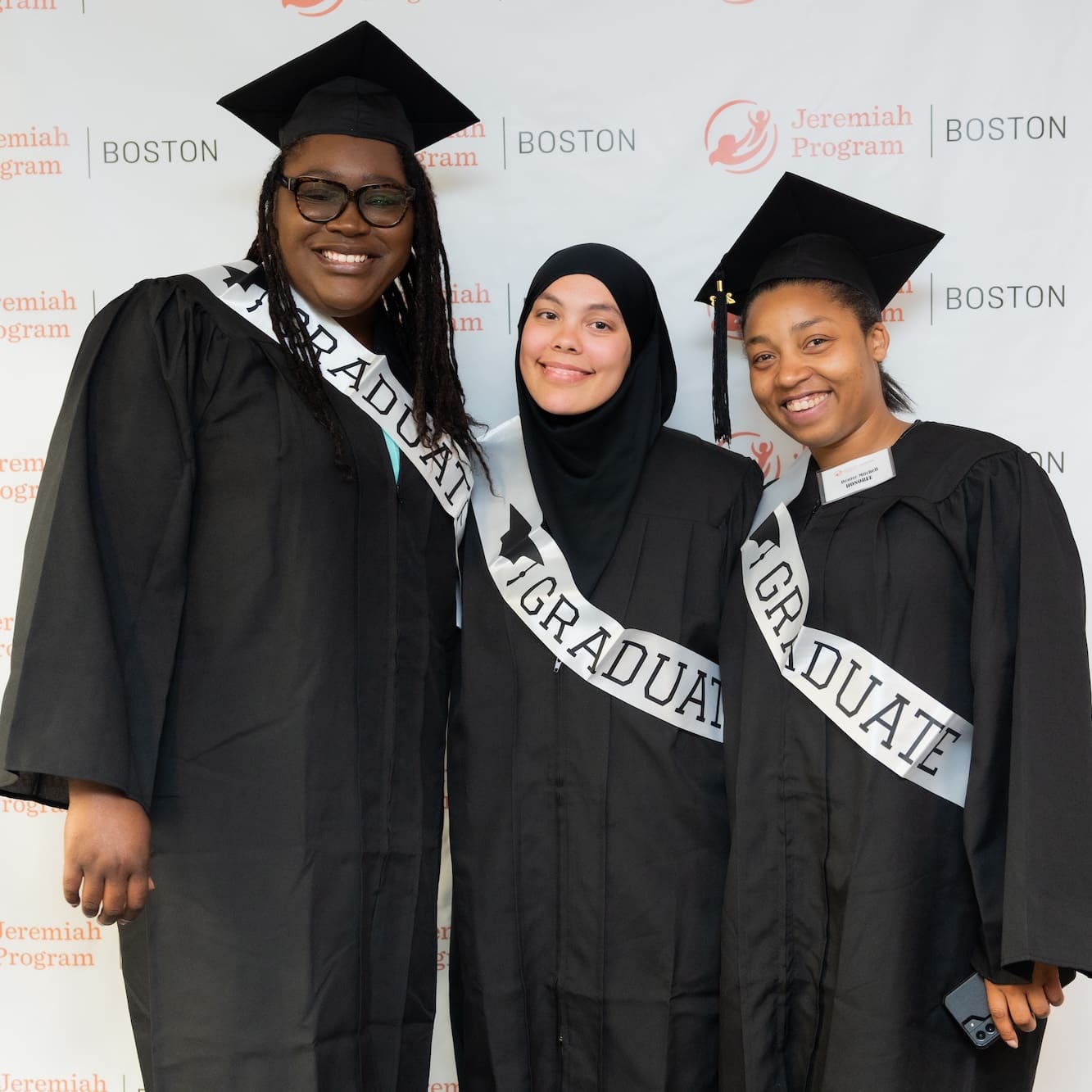
87% MOMS
reported that JP coaching is helping them progress toward their educational goals.
OUR REACH
Moms and Children Served
We believe that no mother should have to make the untenable choice between investing in herself and her children. Our holistic approach allows families to dream what is possible when they are able to bring all of their identities to bear in pursuit of their goals.

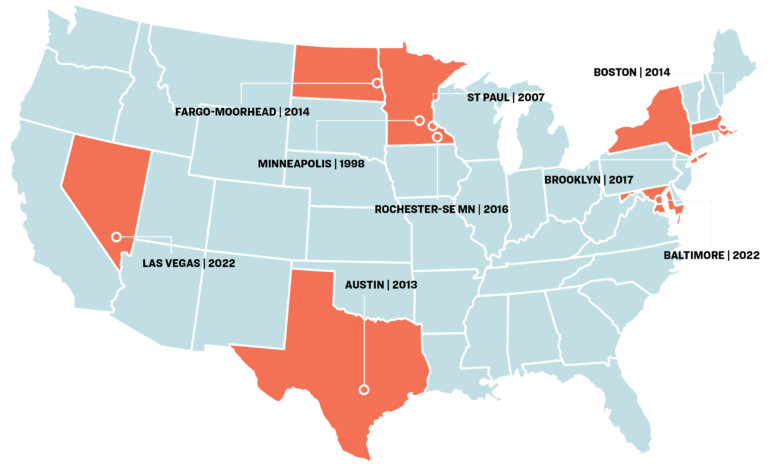
OUR HISTORY
Jeremiah Program was founded in 1993 by Michael J. O’Connell, in partnership with city and community leaders in Minneapolis, Minnesota. The first JP campus opened and began serving families in 1998.
Today, JP operates in nine cities around the country and is a national thought leader on generational poverty.
MEASURING SUCCESS
Family Experience Survey
JP is committed to transparency and improvement from the inside out. Our Family Experience Survey offers proof points we rely on to guide our program design and public policy goals. The lines of communication between moms, alumni, and staff are critical to our data-driven approach.
I would recommend JP coaching to a friend

I would recommend JP housing to a friend






